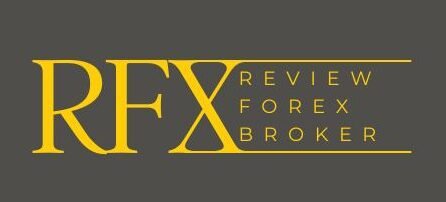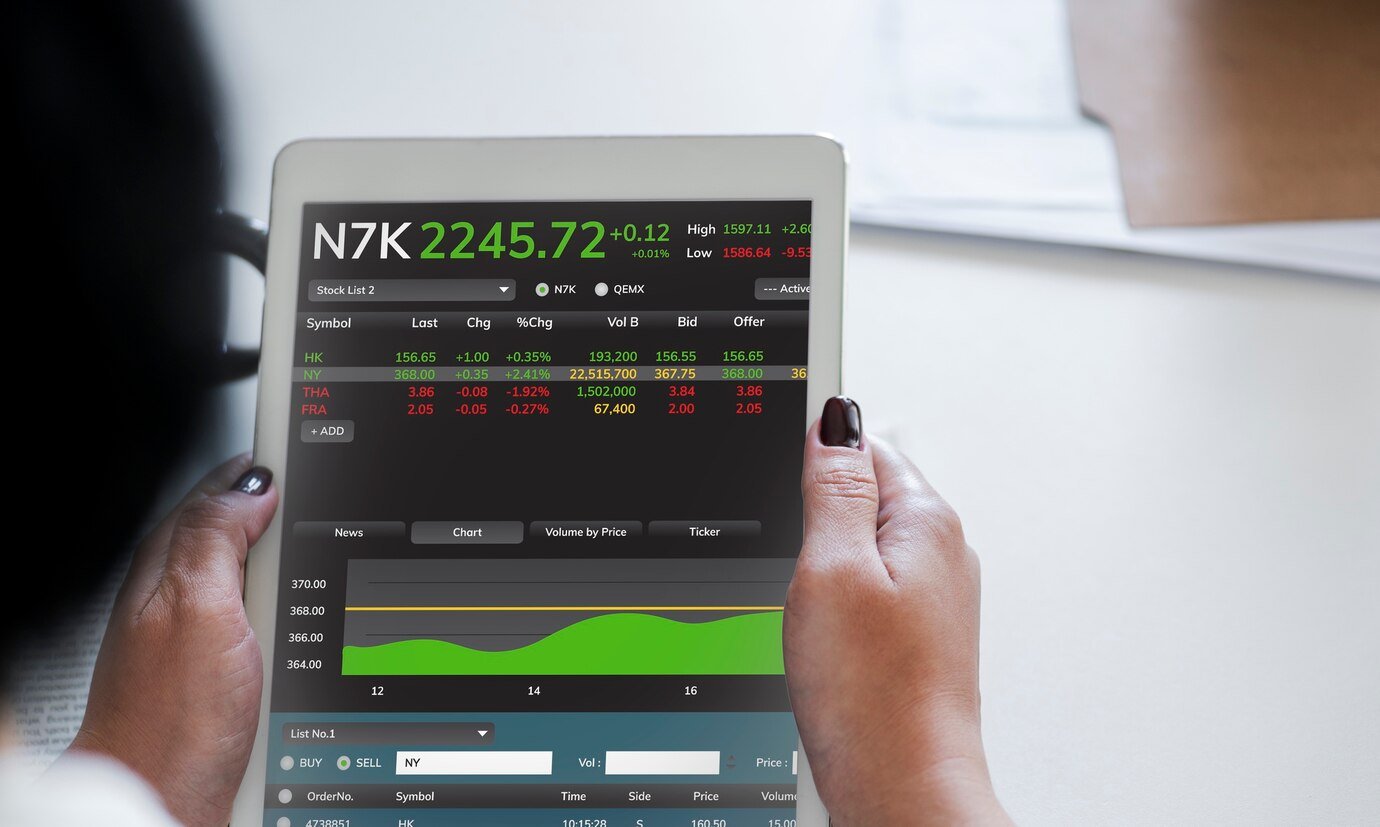Leverage is one of the most powerful tools in forex trading, allowing traders to control larger positions with a smaller capital investment. However, leverage is a double-edged sword—while it can amplify profits, it can also magnify losses. Because of its potential impact on both risk and reward, the leverage offered by a forex broker plays a crucial role in the decision-making process when selecting a broker. In this blog, we’ll explore how leverage limits affect forex broker selection and the key factors traders should consider when assessing leverage options.
What is Leverage in Forex Trading?
In forex trading, leverage allows you to control a larger position than your initial margin would otherwise permit. For example, a leverage ratio of 100:1 means that for every $1 of your own capital, you can trade up to $100 in the market. This can greatly increase your potential for profit, but it also increases your exposure to risk.
Leverage is offered by brokers and is often one of the key differentiators in a trader’s decision-making process. However, it’s important to remember that while leverage can amplify returns, it can also lead to significant losses if the market moves against you. This makes the leverage limits set by brokers an essential factor to consider.
How Leverage Affects Forex Trading
1. Risk Management
Leverage is both a risk and a reward. Higher leverage increases the potential for significant profits, but it also increases the risk of substantial losses. Traders with large amounts of leverage may be able to make significant profits from small price movements, but they can also quickly find themselves in a losing position. This makes effective risk management crucial when trading with leverage.
2. Capital Efficiency
Leverage allows traders to enter larger positions with a smaller amount of capital. This can be particularly beneficial for traders who want to trade large volumes but may not have the capital to do so without leverage. However, while leverage allows you to maximize capital efficiency, it’s important to use it cautiously and in conjunction with proper risk management strategies.
3. Margin Requirements
When using leverage, traders are required to maintain a certain margin in their account. The margin is the amount of money required to open and maintain a leveraged position. Different brokers have varying margin requirements, which can impact a trader’s ability to open or maintain large positions. Brokers with lower leverage limits may have higher margin requirements, while those offering higher leverage may require less margin to hold a similar position.
The Role of Leverage Limits in Broker Selection
1. Regulatory Restrictions on Leverage
The amount of leverage a broker offers is often regulated by financial authorities to ensure the safety of traders and the overall stability of the market. Different countries have different rules regarding leverage limits, and brokers must adhere to these regulations.
For instance, in the United States, the Commodity Futures Trading Commission (CFTC) and the National Futures Association (NFA) limit leverage to a maximum of 50:1 for major currency pairs and 20:1 for minor pairs. Meanwhile, in Europe, the European Securities and Markets Authority (ESMA) limits leverage to 30:1 for major currency pairs, with even stricter limits on other asset classes like commodities and cryptocurrencies.
These regulatory limits are designed to protect retail traders from taking on excessive risk. While they reduce the potential for outsized profits, they also help prevent traders from losing more money than they can afford. If you’re trading from a country with strict leverage regulations, make sure the broker you choose complies with local laws.
2. Flexibility in Leverage Options
While some traders prefer high leverage to amplify their returns, others may prefer more conservative leverage to minimize risk. The best forex brokers offer a range of leverage options, giving traders the flexibility to choose the level that aligns with their risk tolerance and trading strategy.
For example, a broker that offers leverage up to 500:1 or even 1000:1 may appeal to aggressive traders who want to maximize their potential profits. On the other hand, a broker offering more moderate leverage, such as 50:1 or 30:1, may attract risk-averse traders who prefer a more cautious approach.
Key Factors to Consider When Choosing a Broker Based on Leverage
1. Leverage Limits and Risk Tolerance
When selecting a forex broker, consider your personal risk tolerance. If you’re a beginner, you may want to choose a broker with lower leverage limits to prevent taking on too much risk. On the other hand, if you’re an experienced trader with a solid risk management plan, you may feel more comfortable using higher leverage.
2. Regulation and Compliance
Ensure that the broker you’re considering complies with the regulations set by financial authorities in your country. While high leverage can be enticing, it’s essential to choose a broker that adheres to regulations that protect you as a trader. Regulatory bodies such as the FCA (UK), ASIC (Australia), and CFTC (US) set specific leverage limits for the protection of traders.
3. Margin and Capital Requirements
Leverage directly impacts the margin required to open and maintain positions. Be sure to check the broker’s margin requirements before selecting one. A broker offering high leverage may require less margin, but this could also result in higher risks.
4. Trading Strategy
Your trading strategy plays a key role in determining the appropriate leverage for your account. If you’re a swing trader or prefer longer-term positions, you may not need as much leverage as a day trader who looks to capitalize on small price movements. Make sure the broker you choose offers leverage that complements your trading style.
Risks of High Leverage
While high leverage can lead to larger profits, it also increases the risk of significant losses. Traders using high leverage can quickly find themselves in a margin call situation if the market moves against their position. In such cases, the broker may close out positions to prevent further losses, potentially leaving traders with little capital in their accounts.
To mitigate the risks associated with high leverage, it’s crucial to use proper risk management techniques such as stop-loss orders, position sizing, and diversification. Traders should also be aware of the psychological challenges high leverage brings, as it can lead to emotional decision-making and increased stress.
Conclusion
Leverage limits are a critical factor in selecting the right forex broker. While high leverage may be appealing for its potential to amplify profits, it’s essential to balance this with sound risk management strategies and regulatory compliance. Understanding the impact of leverage on your trading decisions can help you make more informed choices, reduce the risks associated with trading, and ultimately improve your trading success.
When choosing a forex broker, always consider your risk tolerance, trading style, and the regulatory environment. Whether you opt for high leverage or a more conservative approach, the key is to use leverage responsibly and in a way that aligns with your overall trading goals.

